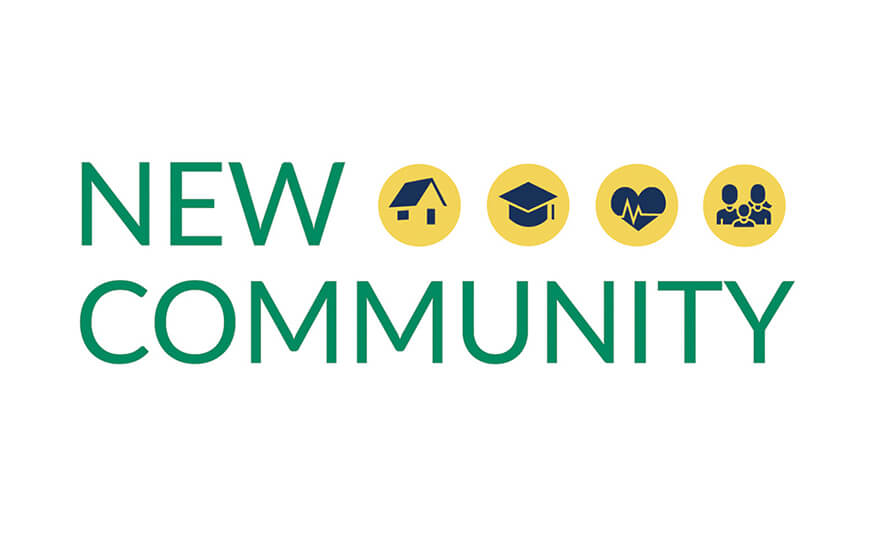The Prevention, Education, and Intervention (PEI) Program is designed to provide educational workshops on increasing awareness and substance abuse among youth, educators and parents/guardians, as well as to provide gender-specific intervention services for identified at-risk minority males from the age of 8 to 15 years.
One component of PEI provides a series of up to 18 free educational workshops within the community to increase your knowledge of substance abuse, which cover the following topics:
- Risk/protective factors: Parenting practices that can reduce the chances a child will develop a drug or alcohol problem.
- Why some people become addicted and others do not: The role of family history and genetics.
- Give a brief overview of some of the more commonly used and abused drugs at this age, with a more in-depth look at marijuana. This gives parents and caretakers the information they need to know about marijuana, the risks for teens associated with its use, and skills needed to begin to talk to teens about marijuana and what to say (role play).
- Explain the connection between early use of alcohol and illicit substances, the effects on the developing brain, later addiction and dependence, and criminal activity, as well as other long-term effects to a child’s development.
- Equip influential adults in a child’s life with the skills to address issues related to substance abuse early and often by growing more comfortable talking to their children and overcoming common communication barriers to talking about drugs and alcohol.
Through these workshops given to parents, caregivers, and educators, the Family Service Bureau hopes to identify with their assistance and input up to 10 African-American males between the ages of 8 and 15 designated to be displaying at-risk behaviors to participate in a 30-day, four week program comprised of two group sessions each week . These eight sessions will cover such topics as:
- Development of proper social and problem-solving skills: “Win-win” negotiation, how to use the steps of problem solving, effective, fair, and peaceful negotiation skills.
- Increased opportunities for pro-social activities with peers.
- Limited early access to the use of gateway drugs such as alcohol and nicotine. Help them to identify potential problems and learn how to say “no” and still keep their friends. The “5 C’s.” Refusal skills and how to handle peer pressure.
- Learning how to handle stress in healthier ways: Pro-social ways to express feelings.
- Recognizing emotional triggers and reprogramming the brain with new responses.
- Marijuana: Facts young people need to know (marijuana remains the most abused illegal substance among youth). Effects on your health, brain, and psychological effects.
- Having goals and dreams is empowering: Identify strengths and needs.
- The goals are to increase decision-making skills, increase the harmful effects of drugs, increase communication levels and skills within the family, decrease stress levels, and increase healthy boundary setting.
The years of 8 to 15 are critical years for brain development and key caretaker and relationship skills can keep our children alcohol and drug free. Through these groups, children will learn their innate worth and grow to believe their dreams and goals can happen. Children’s brains are “wiring” new behaviors into “neuron trees” during ages 10 to 21, so let’s give them healthy coping skills and habits.
For more information, call the Family Service Bureau at 973-412-2056.



